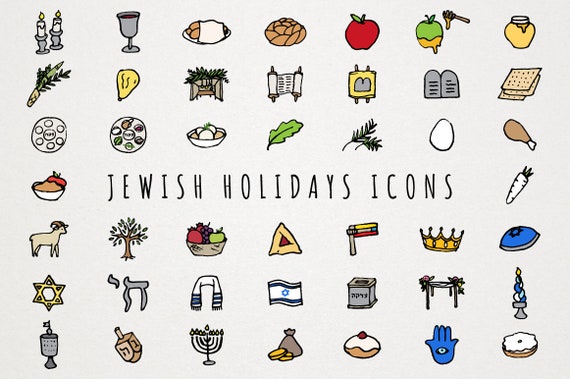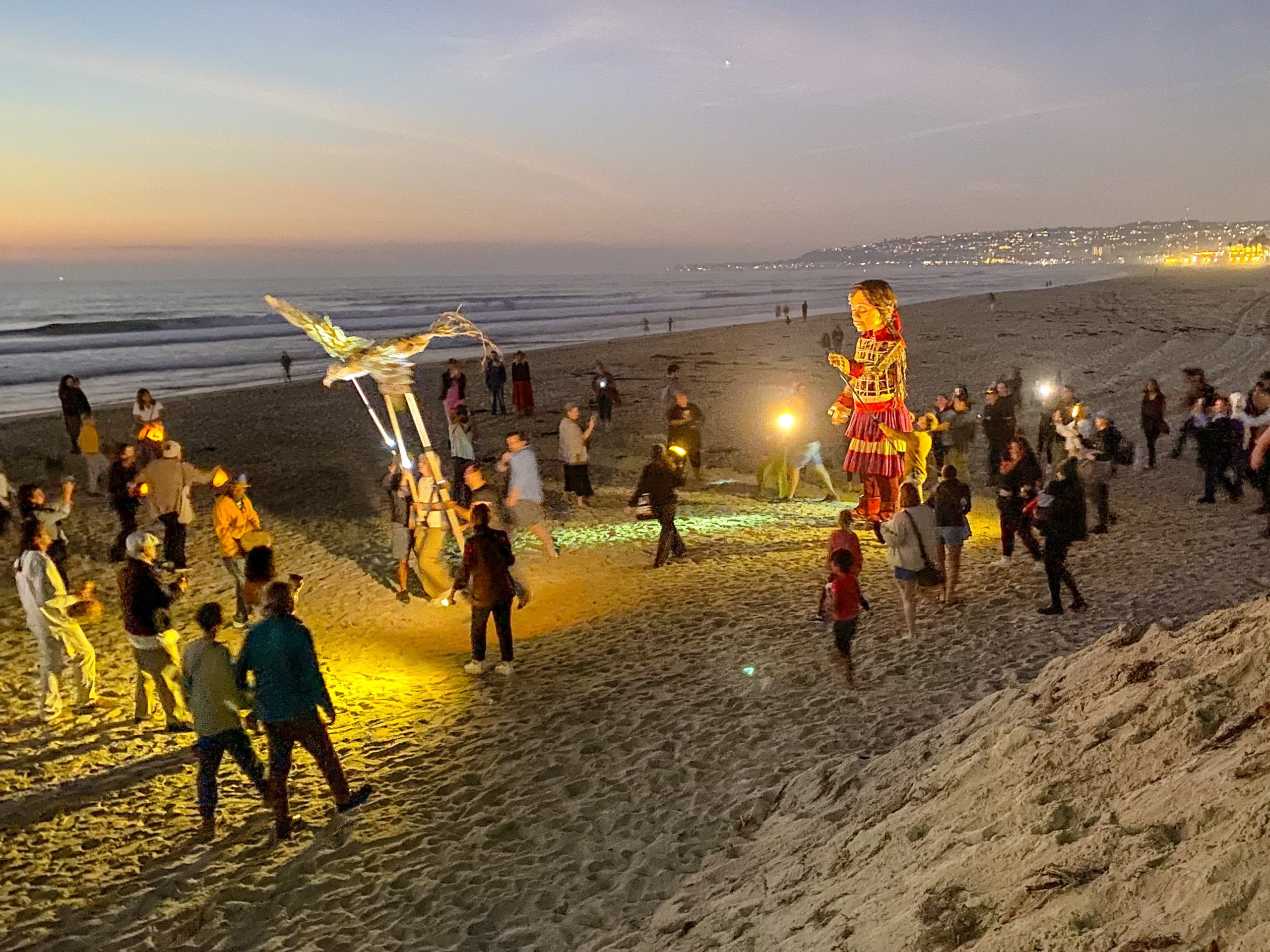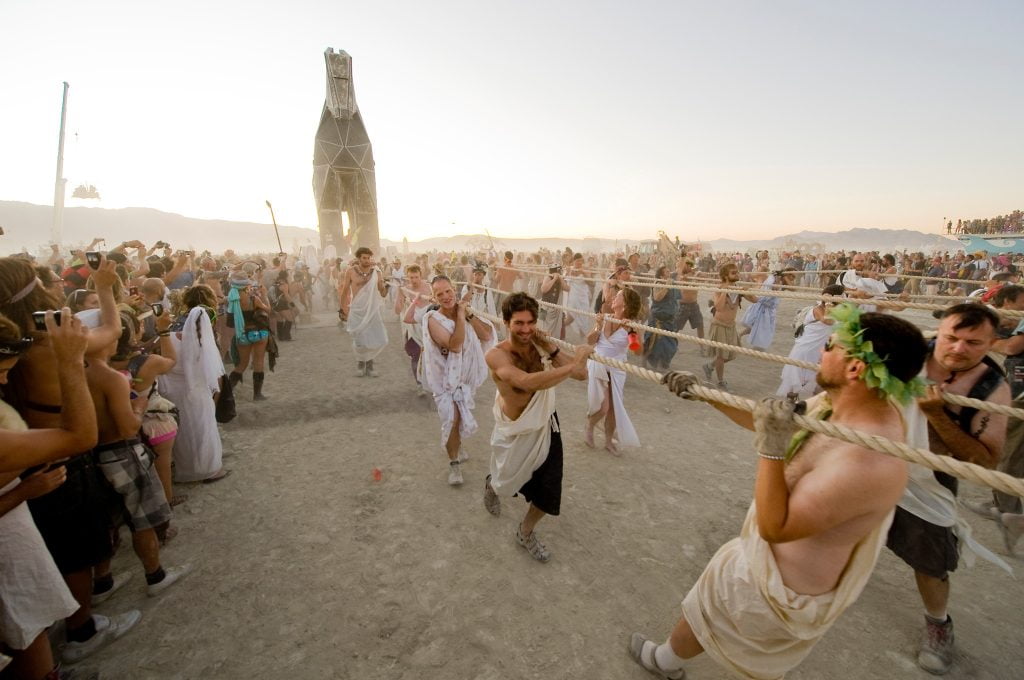Curious about the Jewish festival and its significance? In the vast tapestry of Jewish traditions, festivals play a pivotal role in celebrating history, spirituality, and community. Understanding what these festivals entail sheds light on the rich cultural heritage of the Jewish people. “Unraveling the Mystery: What Is the Jewish Festival?” aims to delve into the essence of Jewish festivals, their origins, and the customs associated with these vibrant celebrations. Whether you are new to Jewish culture or seeking a deeper comprehension, this blog will guide you through the diverse array of festivals that contribute to the tapestry of Jewish life. Let’s embark on a journey to uncover the beauty and meaning behind the Jewish festival.
Introduction: Exploring the Significance of Jewish Festivals
As we delve into the realm of Jewish festivals, it’s essential to understand their profound significance in the Jewish faith and culture. These festivals play a pivotal role in uniting the Jewish community, commemorating historical events, and fostering spiritual growth. Each festival has its unique traditions, rituals, and practices that enrich the tapestry of Jewish heritage.
The Rich Tapestry of Jewish Festivals
From Rosh Hashanah to Yom Kippur and Passover, Jewish festivals mark key moments in the biblical and historical timeline of the Jewish people. These sacred occasions are deeply rooted in tradition and serve as a reminder of God’s faithfulness and providence.
Celebratory Customs and Rituals
During Passover, for instance, families gather for the Seder meal, which symbolizes the Israelites’ exodus from Egypt. The lighting of the Hanukkah menorah represents the miracle of the oil that burned for eight days. These customs foster a sense of community and connection among Jews worldwide.

Understanding the History and Tradition of Jewish Festivals
Jewish festivals hold significant cultural and religious importance in Judaism, enriching the community with traditions and historical values. These celebrations are deeply rooted in the Jewish faith and mark various milestones throughout the year.
The Importance of Jewish Festivals
Jewish festivals serve as a time for reflection, gratitude, and community bonding. Each festival carries symbolic meaning, connecting present-day Jews with their ancient heritage.
Key Jewish Festivals
Some of the major Jewish festivals include Passover, Hanukkah, Yom Kippur, and Rosh Hashanah. Each festival has distinct customs, rituals, and historical narratives that define its observance.

The Significance of Jewish Festivals in Modern Times
Throughout the world, Jewish festivals hold a special place in the hearts of the Jewish community, serving as essential observances that signify significant historical events and religious beliefs. In modern times, these festivals continue to play a crucial role in preserving cultural traditions, fostering community ties, and strengthening religious identities.
Relevance of Tradition in Today’s Society
The preservation of Jewish festivals is vital as it allows the community to reconnect with its rich heritage and pass down traditions to future generations. Celebrating these festivals helps uphold cultural identity and values.
Moreover, the observance of Jewish festivals promotes unity within the community, bringing individuals together to share in common rituals and experiences, fostering a sense of belonging and solidarity. year 2023
Reflection on Historical Significance
Each Jewish festival holds a historical significance that resonates with contemporary issues and values. By commemorating events such as Passover, Hanukkah, or Purim, individuals can draw parallels between past struggles and present challenges, finding inspiration and guidance in ancient narratives. year 2023
- Passover: A celebration of freedom and liberation
- Hanukkah: Emphasizing the triumph of light over darkness
- Purim: Commemorating resilience in the face of adversity

Key Jewish Festivals Explained: Passover, Shavuot, Rosh Hashanah, Yom Kippur, Sukkot
Jewish festivals hold significant cultural and religious importance in the Jewish calendar. These festivals are rich in traditions, stories, and practices that have been passed down through generations.
Passover (Pesach)
Passover, or Pesach, commemorates the Israelites’ liberation from slavery in ancient Egypt. It is observed with a traditional Seder meal, including symbolic foods like matzah and bitter herbs. It emphasizes freedom and redemption.
Shavuot
Shavuot celebrates the giving of the Torah at Mount Sinai. It is associated with the harvest of wheat and dairy products. It symbolizes the connection between God and the Jewish people through the Torah.
Rosh Hashanah and Yom Kippur
Rosh Hashanah marks the Jewish New Year, a time of reflection and introspection. Yom Kippur follows as the Day of Atonement, emphasizing repentance and forgiveness. It is a period of spiritual renewal.
Sukkot
Sukkot commemorates the Israelites’ journey through the desert. Jews build and dwell in temporary shelters called sukkahs. It signifies gratitude for protection and sustenance.
Celebrating Jewish Festivals: Customs and Symbols
Jewish festivals are an integral part of Jewish culture, filled with unique customs and symbols that hold deep significance for the community.
The Passover Seder
The Passover Seder, observed during the festival of Pesach, includes symbolic foods like matzo and bitter herbs, representing the hardships of slavery and the sweetness of freedom.
The Seder plate typically holds shank bone, egg, charoset, and karpas, each with a specific meaning.
Hanukkah Menorah
The Hanukkah Menorah, or Hanukkiah, is lit during the festival of Hanukkah to commemorate the miracle of the oil lasting for eight days.
Each night, candles are lit, one for each night of the celebration, starting from the Shamash (helper) candle.
The Connection Between Jewish Festivals and Jewish Identity
As we explore the significance of Jewish festivals, it becomes apparent that these celebrations play a vital role in shaping Jewish identity. Each festival carries a unique blend of tradition, history, and religious customs that are deeply woven into the fabric of Jewish culture.
The Historical Roots of Jewish Festivals
Jewish festivals are rooted in millennia of history, symbolizing key events such as the Exodus from Egypt, the giving of the Torah at Mount Sinai, and agricultural milestones. These commemorations serve as reminders of the Jewish people’s journey through time, uniting them with a shared past.
Understanding the historical context behind each festival what is the Jewish festival helps individuals connect with their ancestral heritage and strengthens their sense of belonging within the Jewish community.
The Spiritual Significance of Festivals
Furthermore, Jewish festivals are not merely historical reenactments but also spiritual experiences. They provide opportunities for reflection, prayer, and renewal of faith. Through the observance of these festivals, individuals deepen their connection to Jewish values, beliefs, and community spirit.
- Yom Kippur, known as the Day of Atonement, emphasizes introspection and repentance.
- Rosh Hashanah, the Jewish New Year, signifies a time of reflection and renewal.
- Passover celebrates freedom and highlights the importance of exodus and redemption.
Impact of Jewish Festivals on Community and Social Cohesion
Jewish festivals play a significant role in fostering community bonds and enhancing social cohesion among members. These celebrations bring individuals together, providing an opportunity for them to reconnect with their cultural roots and heritage.
Strengthening Community Ties
During Jewish festivals, communities come together to observe traditions, share meals, and engage in religious practices. This collective participation reinforces a sense of unity and belonging among individuals, creating stronger social bonds.
Additionally, these festivals often involve acts of charity and goodwill, encouraging community members to support one another and those in need.
Promoting Cultural Identity
Jewish festivals serve as a platform for community members to celebrate their cultural identity and pass down traditions to younger generations. These events help preserve customs and values that are integral to the Jewish heritage, ensuring their continuity for years to come.
Participating in these festivals instills a sense of pride in one’s cultural background and fosters a shared identity among community members.
Frequently Asked Questions
- What is the Jewish Festival mentioned in the blog title about?
- The Jewish Festival referred to in the blog title is a cultural or religious celebration observed within the Jewish community. It could be any of the various festivals such as Passover, Hanukkah, Purim, or others, depending on the context of the blog.
- Why are Jewish Festivals important?
- Jewish Festivals hold significant religious and cultural importance for the Jewish community. They often commemorate historical events, deliver essential teachings, and provide opportunities for community bonding, reflection, and celebration.
- How do people celebrate Jewish Festivals?
- The celebrations of Jewish Festivals vary depending on the specific festival being observed. Traditions may include special prayers, rituals, festive meals, lighting candles, reading from religious texts, giving to charity, and spending time with family and friends.
- Are non-Jewish individuals allowed to participate in Jewish Festivals?
- The participation of non-Jewish individuals in Jewish Festivals largely depends on the specific Festival and the community hosting the event. While some Festivals may welcome guests and participants from diverse backgrounds, others may be more exclusive to the Jewish community.
- How can one learn more about Jewish Festivals?
- To learn more about Jewish Festivals, one can explore resources like books, online articles, documentaries, visiting Jewish cultural centers or synagogues, attending cultural events, or engaging with members of the Jewish community to gain insights and understanding.
Unraveling the Mystery: What Is the Jewish Festival?
After delving into the fascinating world of Jewish festivals, it is evident that these celebrations are rich in history, tradition, and significance. From the joyous festivities of Purim to the solemn reflections of Yom Kippur, each festival holds a special place in Jewish culture and faith. By understanding the rituals, customs, and meanings behind these festivals, we gain a deeper appreciation for the Jewish faith and its enduring importance. Whether you are a member of the Jewish community or simply interested in learning more about diverse cultures, exploring these festivals can be a rewarding experience. Embrace the spirit of unity, reflection, and celebration that permeates these gatherings, and you might find yourself drawn closer to the heart of Jewish heritage.




